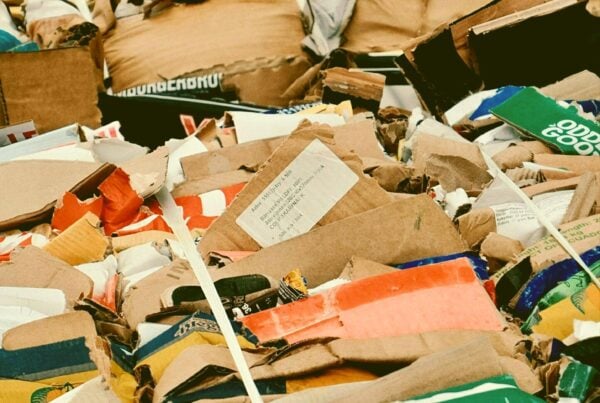 Zero waste is a lifestyle where you aim to reduce waste, especially non-renewable and non-biodegradable items. It is a sustainable way of living that prioritizes environmental responsibility. It may seem daunting to embark on this journey, but it’s essential for the planet. In this blog post, we will provide you with tips for beginners to help you get started with zero waste.
Zero waste is a lifestyle where you aim to reduce waste, especially non-renewable and non-biodegradable items. It is a sustainable way of living that prioritizes environmental responsibility. It may seem daunting to embark on this journey, but it’s essential for the planet. In this blog post, we will provide you with tips for beginners to help you get started with zero waste.
1. Rethink Your Purchases
The first step towards zero waste is to rethink your purchases. Before buying something, think about whether you need it or not. If it’s a non-essential item, can you borrow or repurpose something you already have? If it’s essential, opt for a secondhand item or buy from eco-friendly stores that use sustainable packaging and materials. By rethinking your purchases, you can reduce waste and save money.
2. Use Reusable Items
Another way to reduce waste is to use reusable items. Instead of using disposable items like plastic water bottles, straws, and utensils, switch to a reusable variant. You can find reusable water bottles, metal or bamboo straws that you can carry around with you, and bamboo utensils to take with you on the go. Also, switch to reusable bags, containers, and coffee cups. This way, you can prevent a significant amount of waste and save money in the long run. Reusable coffee cups will help you to enjoy coffee on the go and be cheaper to enjoy once the Latte levy comes in.
3. Compost Food Waste
Food waste produces greenhouse gases that contribute to climate change. Instead of throwing away food scraps, compost them. You can create a compost system at home or donate your fruit and vegetable scraps to local farms. This way, you can reduce your carbon footprint and produce nutrient-rich soil that can improve your garden.
4. Recycle the Right Way
Recycling is essential, but it’s crucial to recycle the right way. Not all materials are recyclable, and contaminated items cannot be recycled. So, ensure you know what can and cannot be recycled in your area. You can check with your local recycling center, and when in doubt, throw it out. Additionally, pay attention to how you dispose of your recyclables. Rinse them before putting them in the bin, and don’t intertwine bags because they create a sorting problem in the recycling process.
5. Educate Yourself
Finally, educate yourself about zero waste. Read about the zero waste lifestyle and attend events or workshops on the topic. Educate yourself on sustainability, climate change, and environmental issues. When you understand the impact of your actions, it’s easier to make lifestyle changes that benefit the planet.
Conclusion
Adopting a zero waste lifestyle takes time and effort, but it’s a worthwhile journey. By taking small steps and implementing these tips, you can gradually reduce your waste and promote environmental responsibility. Remind yourself that every action counts and that you are making a positive contribution to the planet. Let’s work together to reduce waste and create a sustainable future for all.




